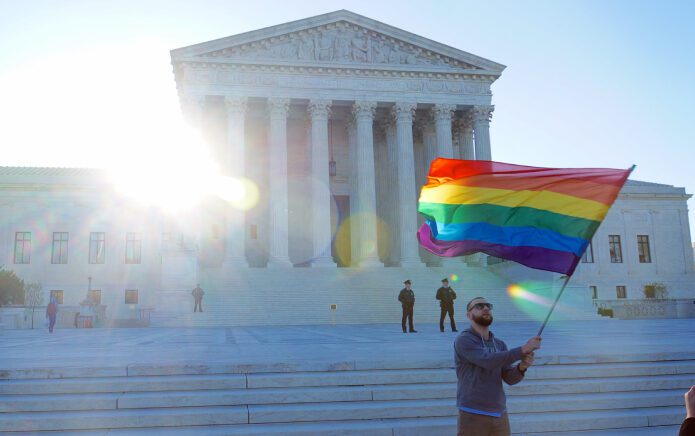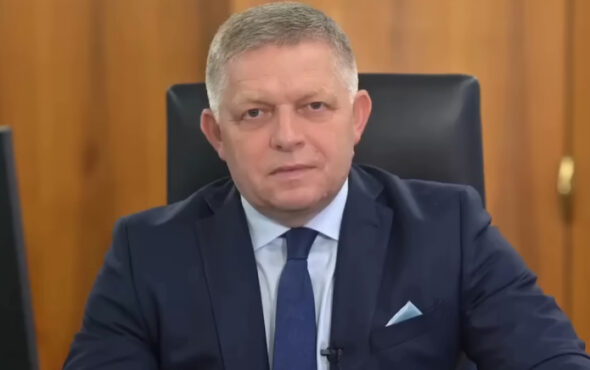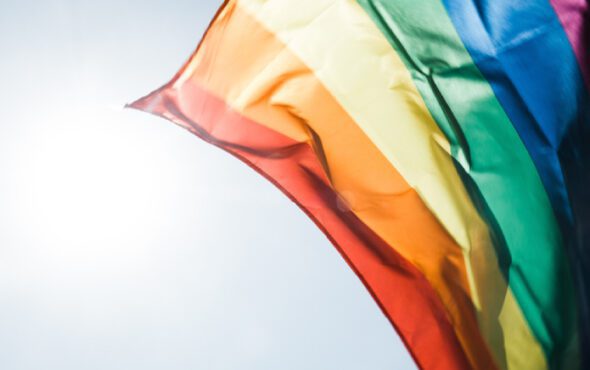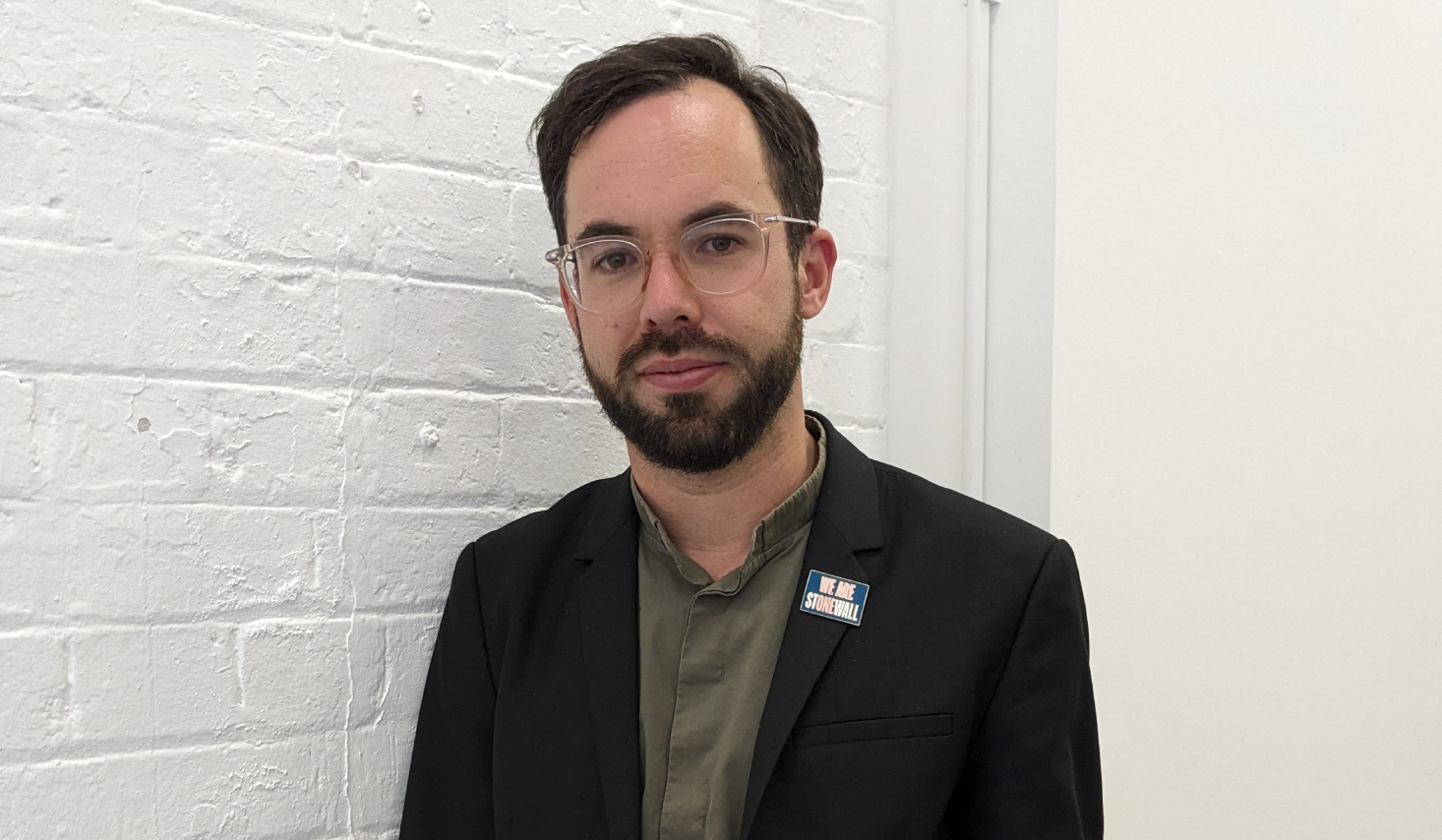
Stonewall is Europe’s largest LGBTQIA+ charity. Robbie de Santos has worked at Stonewall for eight years and is their Director of Campaigns and Human Rights.
It was fantastic to sit down with Robbie and chat about some of the main LGBTQ+ issues impacting our community now.
I began by asking Robbie why LGBT+ History Month is important?
History is so important in helping us build a sense of who we are and how we fit into the world. We know LGBTQIA+ people have always been there, so making sure that everyone can see LGBTQIA+ people at great historical moments but also everyday lives is important for showing that we are a community that matters. We deserve to be visible and have our stories understood, as well as celebrating our identities. We have to do that actively, because no one will do it for us. Otherwise, we risk our stories being missed out of the main narrative.
Can you explain what we mean by a comprehensive ban on conversion practices?
Conversion practices are awful and can be quasi-medical, psychotherapeutic or spiritual, taking place in a range of settings. If you leave loopholes within legislation then the perpetrators of conversion practices will just find another way to carry on, because these are people who really want to cure or suppress LGBTQIA+ identities. By comprehensive we’re taking about the range of practices and settings, but also the range of identities. We can’t just have a gay conversion therapy ban – what about bi, trans or asexual people? No country around the world which has banned conversion practices in recent years has sought to protect one identity over another. Legislatures have recognised that bans need to be comprehensive to be effective.
How can hate crime legislation be strengthened to protect LGBTQIA+ people?
We’ve had hate crime laws which have been built up over a long time. Originally race or faith based hate crimes were considered aggravated for sentencing purposes. When hate crime legislation for sexual orientation, trans identities and on the basis of disability was introduced, the legislation didn’t allow for that higher level of sentencing. The Law Commission reported on this in November 2021, recommending parity across all hate crimes at the aggravated level. It’s quite a simple change, but we haven’t had a full response from the UK Government. There are amendments that we’ve worked with MPs to table at the Committee Stage of the Criminal Justice Bill. The question is whether the Home Office accept those amendments and make a significant difference to LGBTQIA+ people and disabled people who experience hate crime.
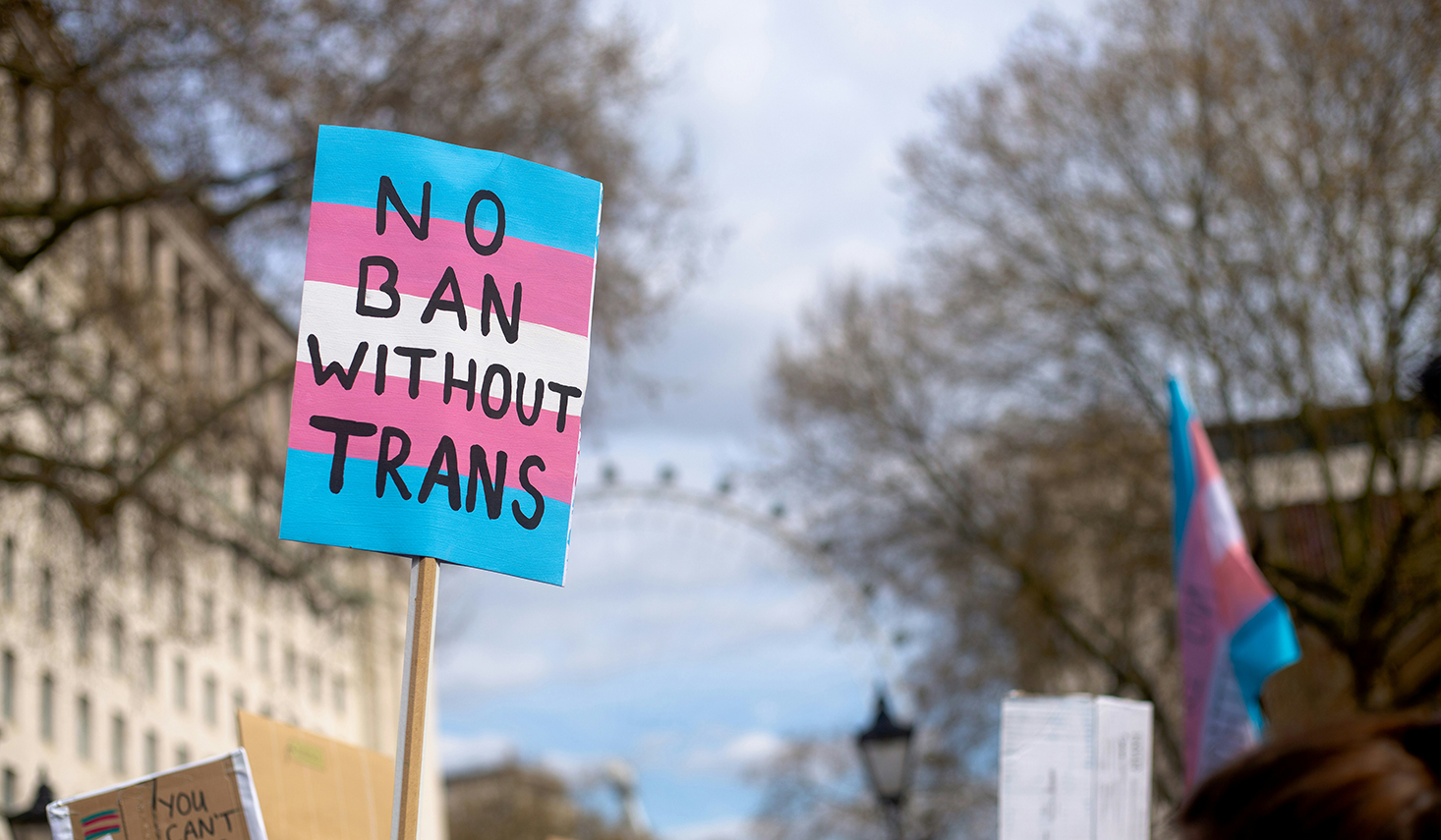
Can you tell us about some of the challenges faced by older LGBTQIA+ people in social care?
There’s a growing population of older LGBTQIA+ people and we’re talking about more than 100,000 people who are aged over 65 and many of them won’t need social care for a long time. There are many who need it now and are in it now. Some people will have read about Ted and Noel’s story. Ted was an early member of the Gay Liberation Front. His partner Noel died in a care setting a couple of years ago, but after experiencing awful homophobic abuse. Ted has been very powerful in telling the story of what Noel experienced and the difficulties in getting the regulator, care home provider and the council to take his concerns seriously. There was also a report by Compassion in Care which found more than 400 incidents of anti-LGBTQIA+ abuse in care. We think this is just the tip of the iceberg. It’s vital that we see action from the UK Government, the Care Quality Commission and care providers to stamp out anti-LGBTQIA+ abuse.
Which LGBTQIA+ historical figure is inspiring you this year?
I think of some of the founders of Stonewall, such as Michael Cashman, Lisa Power and Duncan Campbell. They are all continuing to play a vital role in the LGBTQIA+ movement, whether that is through investigative journalism, advocacy in the House of Lords or HIV leadership in Wales. All of them have been an incredible part of the movement, but continue to play their part. History is not just a moment in time.
